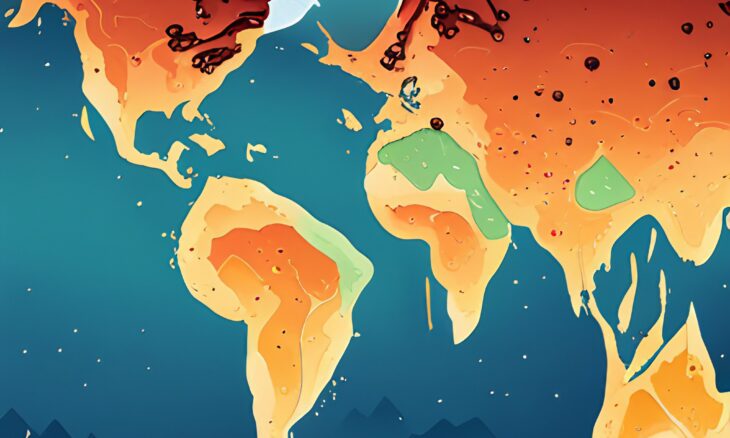Environmental Degradation and Human Suffering
The environment serves as the home for all living beings, including humans. Hence, environmental issues cannot be viewed in isolation from human experiences. Poverty, hunger, and thirst are human conditions that demand our attention. The parable of the Last Judgment (Matt. 25:35) underscores this connection, reminding us of our duty to those in need.
Silence, Fasting, and Waste Reduction
Silence and fasting, practices that foster reliance on God’s grace and moderation, can also play a role in addressing poverty and hunger. These virtues discourage wasteful behaviors and promote mindfulness of social issues like poverty and injustice. In a society often indifferent to waste, these principles guide us towards a more sustainable way of life.
Ecology, Social Justice, and Religious Duty
Ecological consciousness intertwines with a commitment to social justice, specifically addressing world hunger. A religious community that disregards environmental care is also neglecting its responsibility to provide aid to those in need. Similarly, a society that fails to uphold human rights is likely to mistreat God’s creation, including the environment.
Interplay of Ecology and Economy
The terms “ecology” and “economy” share the Greek root oikos, meaning “home” or “dwelling.” However, we often forget that we share this home with other creatures. No economic system can survive without the environmental systems it relies on. Thus, our understanding of creation should inform our treatment of the environment, promoting sustainable practices.
Poverty and the Ecological Crisis
Poverty is intrinsically linked to environmental degradation. Poor farmers worldwide are directly affected by environmental harm, which threatens their survival. The developed world must not burden developing nations with responsibilities for environmental protection, especially considering the disproportionate consumption of resources by developed countries.
The Unemployment Challenge
Unemployment is another issue intertwined with ecological problems. This growing crisis calls for a reevaluation of the priorities of affluent societies. Our focus on productivity and consumerism has led to an economy disconnected from human needs. A shift in politics and economics is needed, prioritizing the value of the human person and putting a human face to concepts like employment and productivity.



